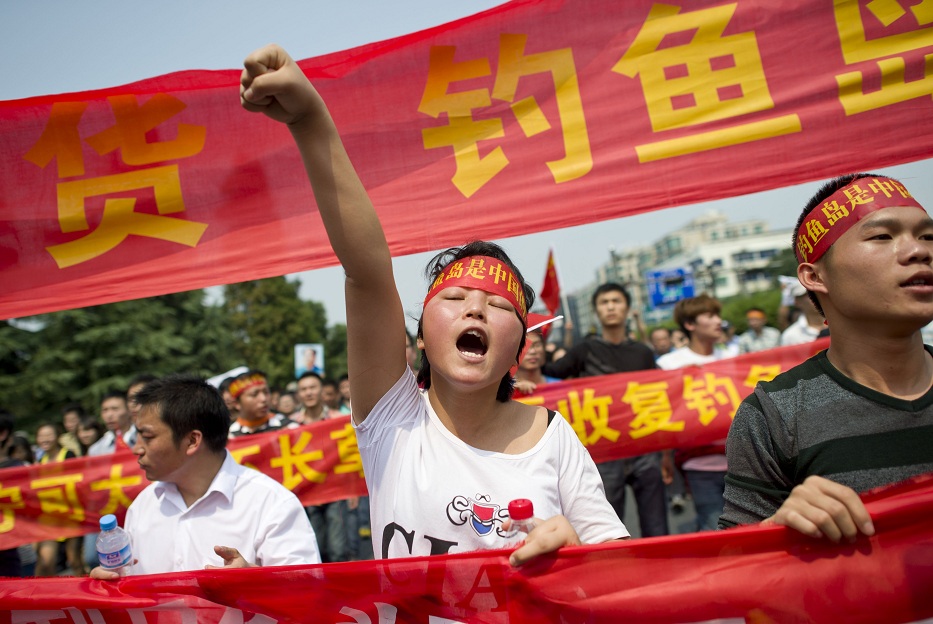ADDIS ABABA: UN chief Ban Ki-Moon on Sunday criticized power-grabs in Africa in a speech to the continent s leaders as Libya s Moammar Qaddafi reluctantly handed over the presidency of the African Union to Malawi.
The build-up to the three-day AU summit in Addis Ababa had been dominated by the expectation that Qaddafi would try to extend his 12-month tenure as head of the 53-member body.
But soon after Ban issued his appeal at the summit s opening for leaders to stick to the rules, Qaddafi announced that an agreement had been reached for Malawi s President Bingu wa Mutharika to take the helm for the coming year.
My brother president of the republic of Malawi will replace me and take over, Qaddafi said.
The veteran Libyan leader s presidency of the body has been marked by his efforts to promote his vision of a United States of Africa – a project that has made little progress during his 12 months in charge.
It has also prompted awkward questions about the continent s commitment to democracy, given the absence of free elections in Libya ever since Qaddafi took power in a bloodless coup in 1969.
In his address to the conference, Ban expressed concern about what he called a recent resurgence of unconstitutional power changes in Africa and rapped attempts by incumbents to change the law in order to help them stay in office.
The resurgence of unconstitutional changes of government in Africa is a matter of serious concern, said Ban, the United Nations secretary general.
We must also guard against the manipulation of established processes to retain power.
Africa has been dogged by a series of political crises in the last year, including in Madagascar where President Marc Ravalomanana was toppled in an army-backed coup in March and Guinea where an army junta which came to power in December 2008 was accused of massacring opposition followers.
Other recent trouble-spots include Niger where the president has brushed aside international pleas to allow himself another term in office and Mauritania where the country s first democratically-elected leader was toppled by the army in August 2008.
In an interview with AFP on Saturday, Ban put particular emphasis on the fate of Sudan, where tension has been mounting in the run-up to a 2011 referendum in which the south is widely expected to choose independence from Khartoum, only six years after signing a peace deal.
He called the situation prevailing in the western Sudanese province of Darfur a serious situation which reflects and exposes our limitations.
The UN has a big responsibility with the AU to maintain peace in Sudan and make unity attractive… This year will be crucially important for Sudan with the election in three months and the referendum in a year, he said.
Sudanese President Omar Al-Beshir arrived in the Ethiopian capital on Friday. His movements have been closely monitored since the International Criminal Court last year slapped him with an arrest warrant over the atrocities committed in the Darfur region since 2003.
Other leaders welcomed to Ethiopia include Zimbabwe s veteran President Robert Mugabe who managed to stay in power when Morgan Tsvangirai, his challenger in polls in 2008, withdrew from a run-off vote after scores of his followers were killed.
In an interview with AFP in Davos, Switzerland, Tsvangirai said that a delicate power-sharing deal under which he became prime minister had made significant progress but warned that toxic issues remained to be resolved.
I cannot predict that a coup will happen or derailment of the project, but I am satisfied that so far all the indications are that this process is irreversible, he said.
The summit s official theme is information technology, but the leaders barely touched on the subject in their opening remarks.
The assembled leaders also observed a minute s silence in memory of the 90 victims of the Ethiopian Airlines crash off the coast of Libya in the early hours of January 25.
They also expressed their sympathy for the people of Haiti whose capital was devastated by a powerful earthquake on January 12, leaving 170,000 people dead and one million homeless.



